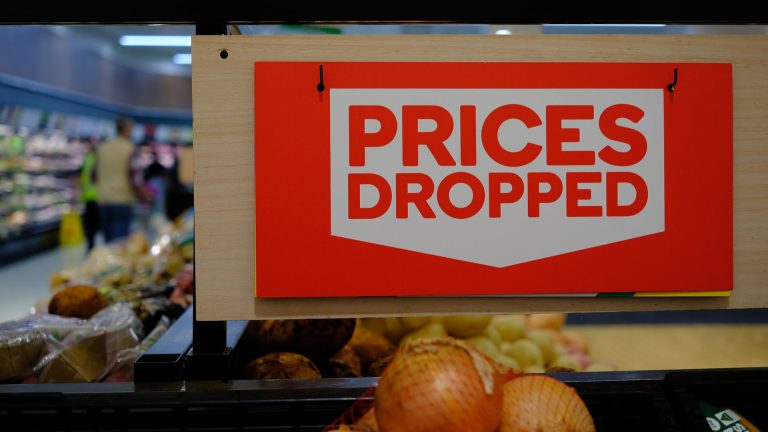On 21 April 2020, the Full Bench of the Fair Work Commission upheld that the 60,000 drivers contracted by Uber are not employees of Uber.
The appeal had been brought by the Transport Workers Union, who argued that Mrs. Gupta, a former UberEats driver, was an employee of Uber and therefore entitled to the “general protections” from losing her job unfairly. Mrs. Gupta’s access to the Uber platform was removed by Uber after she had failed to meet UberEat’s delivery time standards. The general protections protect workplace rights (including unlawful termination of employees), protect freedom of association, provide protection from workplace discrimination, and provide effective relief for persons who have been discriminated against, victimised, or have experienced other unfair treatment. The Full Bench said that there were certain factors which “leaned” in the former delivery driver’s favour, and rejected Uber’s argument that all drivers operate their own independent businesses. Uber was also found to set the standards for its driver’s professionalism, determined the driver’s pay with no negotiations, managed all invoicing, and controlled the relationship with the restaurants. However, despite the above findings, the Full Bench did not consider that Mrs. Gupta’s relationship with Uber bore a number of the “usual and essential hallmarks of ‘the employment relationship”. Notably, the Full Bench found that Uber Drivers are differentiated from standard employees in the following ways:
- Roster: Unlike regular employees, Uber drivers may choose when and where to perform their work and the duration of such work.
- Uniform: Uber drivers have no obligation to wear a uniform or to display Uber’s logo on their vehicles. There is no presentation to the public as them serving the Uber business other than was necessary to collect and deliver the UberEats meal.
- Exclusivity: The drivers may provide services to competitor food delivery companies simultaneously.
The Transport Workers Union have indicated that they are considering appealing the Full Bench’s decision further. Interestingly, the decision is at odds with the position taken in other common law jurisdictions. In the United Kingdom, Uber drivers are classified as “workers”, a status (under UK law) in between employee and contractor, which affords them greater protections. The decision is timely, as societal reliance on food delivery services such as UberEats, Deliveroo and DoorDash is increasing, as is the number of drivers contracted by these providers as a result of the current COVID-19 pandemic. That business model will be adopted by businesses of similar nature, to avoid the greater cost and complexity for employers of catering for their legal obligations to employees as opposed to independent business owners! For further information please contact LSW’s expert employment law team: Clayton Long clong@lswlawyers.com.au and Genevieve Hehir ghehir@lswlawyers.com.au Important Disclaimer: The content of this publication is general in nature and for reference purposes only. It is current at the date of publication. It does not constitute legal advice and should not be relied upon as such. Legal advice about your specific circumstances should always be obtained before taking any action based on this publication.





